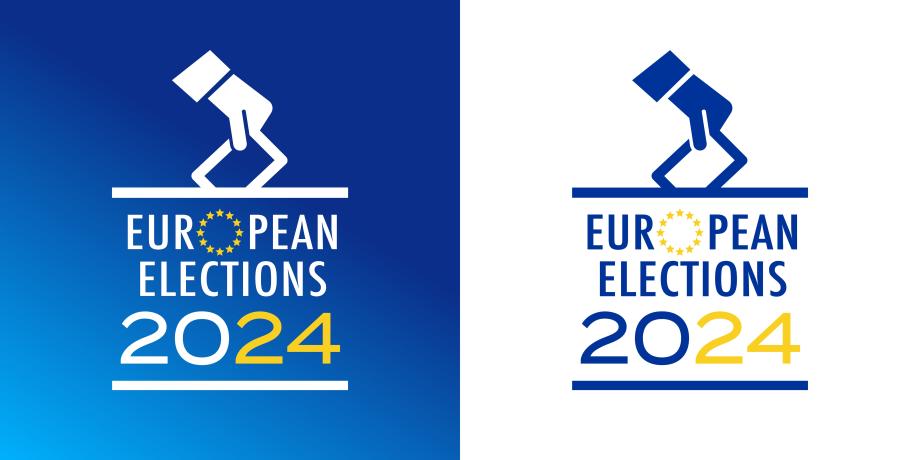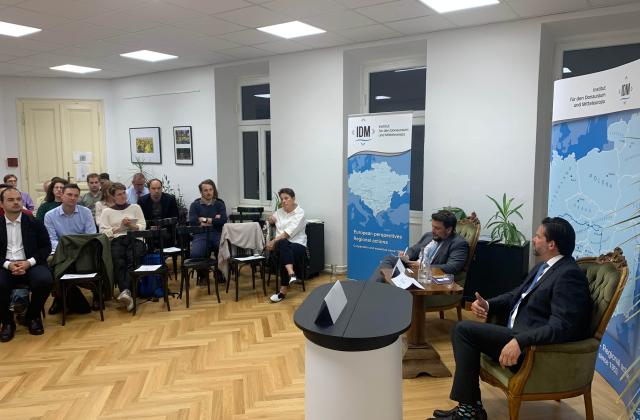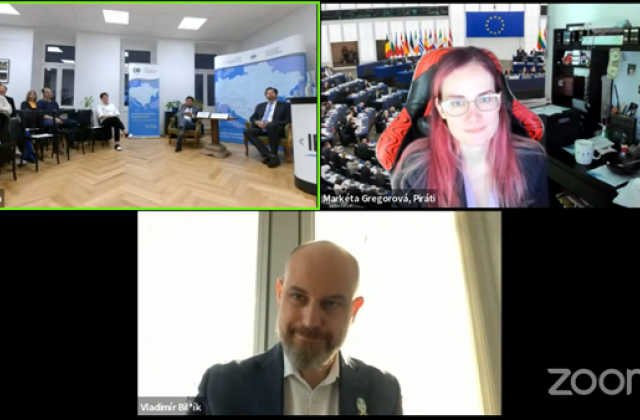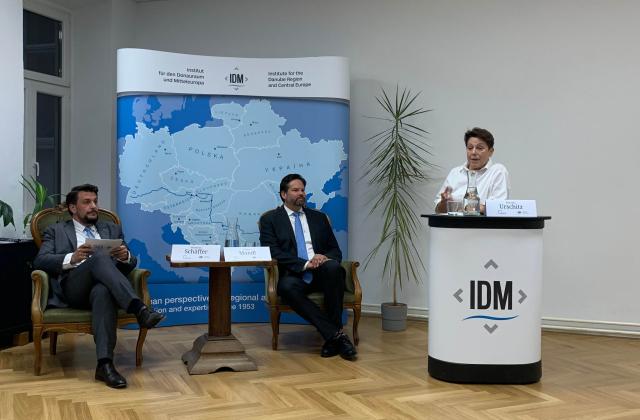"ONE YEAR TO GO: European Parliamentary Elections 2024: What Themes and Narratives?"- Event Summary

The small-scale debate titled "ONE YEAR TO GO: European Parliamentary Elections 2024: What Themes and Narratives?" was organised by the EUact2 project partner Institute for the Danube Region and Central Europe (IDM), and it took place precisely one year prior to the upcoming European Parliamentary Elections on the 6 June 2023. Three Members of Parliament, Vladimir Bilcik from Slovakia, Marketa Gregorova from Czechia and Lukas Mandl from Austria, were invited to engage in a discussion on the main topics and narratives that will influence and shape the next EP elections at both a general EU level and within their respective nation-states. Some common topics will most likely influence next year's elections, including the ongoing Russian war in Ukraine, foreign and security policy issues, migratory issues, and the European Green Deal. Additionally, so-called "bread-and-butter issues, "such as inflation, which directly impact the daily lives of EU citizens, will hold significant relevance.
The debate also explored methods to increase citizens' involvement and motivation to vote in EP elections. Disinformation campaigns are threatening elections. However, active leadership and responsiveness, especially in times of crises and uncertainty, can positively impact citizens and motivate their engagement. Working with young people is essential, even if the effects of their participation are seen only in later years.
After brief statements by each MEP, the floor was opened to questions from the audience. The participants brainstormed with the speakers on ways to foster and increase EU citizens' participation and deepen awareness and knowledge among EU citizens.
The event took place in Vienna at the IDM's premises and lasted 1,5 hours. The Austrian MEP was in person, and the two other MEPs joined online. A total of 28 people participated from 8 EU countries (Austria, Germany, France, Poland, Italy, Czechia, Romania and Slovakia). The gender ratio in the panel was 40% women, 60 % men. The audience was exclusively on-site. The average age of participants was 33, with the youngest being 21 and the oldest 76. Most participants were men (53%) vs women (43%), with 4% identifying as non-binary. They came from the following fields: history, political science, international relation, medicine, law, and economy. The debate was recorded and is available here.



